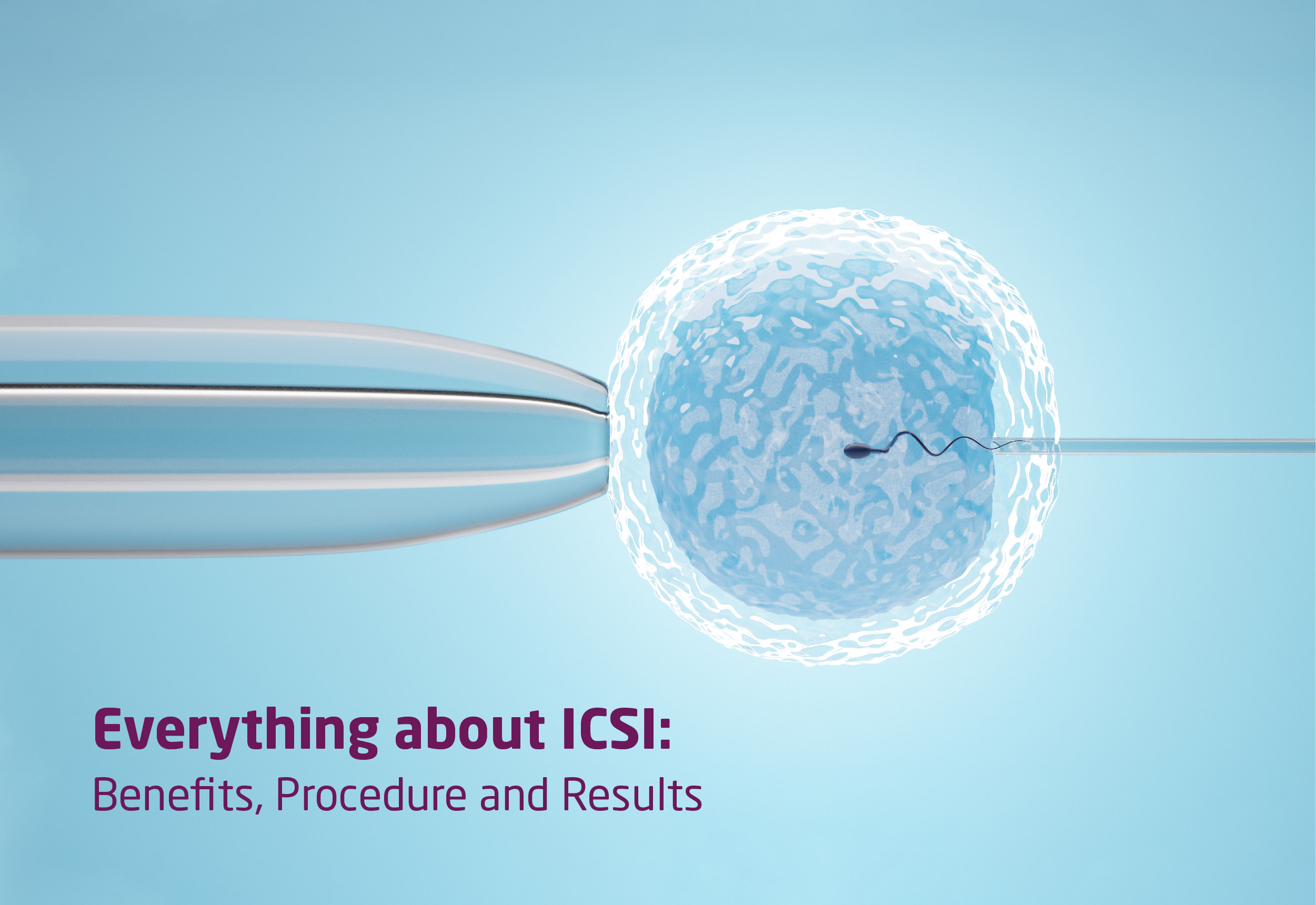Intracytoplasmic sperm injection (ICSI) involves directly injecting a single sperm into an egg’s cytoplasm to boost fertilization. ICSI treatment in India which fertility specialists often recommend for male reproductive issues like low sperm count or blocked reproductive tracts.
Read More: 10 Key Questions to Discuss with Your Fertility Specialist About IVF
As part of IVF, ICSI involves collecting eggs and sperm through retrieval or extraction. While it doesn’t guarantee fertilization, ICSI has a success rate of 50% to 80% and is used in about 60% of IVF cases.
The procedure starts with retrieving eggs using ultrasound and a mild anesthetic. On the same day, they collect and examine the sperm. In some cases, sperm extraction is necessary. ICSI provides a focused solution for couples dealing with infertility, especially when traditional IVF treatments need extra support. ICSI provides a valuable option for couples with infertility issues, particularly when conventional IVF treatment in India is insufficient.
Why ICSI might be your best option
ICSI, or Intracytoplasmic Sperm Injection, could be your most appropriate option if you’re facing male infertility problems like low sperm count or poor sperm quality. Doctors inject a single sperm into the egg, raising the chances of fertilization. This especially helps with the natural conception given the history of failed IVF cycles. It’s a dependable option for overcoming fertility obstacles and achieving pregnancy. ICSI works best in severe cases, effectively bypassing barriers that prevent sperm from fertilizing the egg.
How the ICSI procedure works
The entire procedure of ICSI involves several steps:
- Stimulation of ovulation: The female partner receives medication injections for 8 to 14 days. Further, human chorionic gonadotropin (hCG) injection helps in the proper maturation of the eggs.
- Retrieving eggs: The fertility specialist employs transvaginal ultrasound technology to carefully insert a thin needle through the vaginal walls into your ovaries. Doctors perform this step after administering anesthesia to the patient. A suction device attached to the needle sucks out the follicular fluid and receives the eggs. Also, sperm collection happens on the same day as the egg retrieval.
- Sperm collection: The doctor asks the male partner to avoid ejaculationfor 1-2 days before sperm collection. On the day of the procedure, the male partner gives a semen sample through masturbation. If necessary, the doctor may surgically retrieve the sperms via testicles. The collected sperm is further prepared and processed for the ICSI procedure.
What to expect with ICSI results
If you’re opting for ICSI fertility treatment, it’s important to know what outcomes to expect:
- High fertilization rates: ICSI is known for its high fertilization rates, often achieving success in 70-80% of cases. This makes it a strong option for those facing male infertility challenges.
- Developing quality embryos: While ICSI mostly leads to healthy embryos, not every fertilized egg has a sure-shot chance of turning into an embryo. The number of viable embryos differs based on individual factors.
- Solid pregnancy chances: The pregnancy success rates with IVF are comparable to traditional IVF. Usually, almost 40-50% of ICSI cycles result in pregnancy. Factors like age, reproductive health etc can affect these outcomes.
- Risk of multiple births: There’s a slightly higher chance of multiple pregnancies (like twins or triplets) with IVF . This is especially possible in cases where doctors transfer more than one embryo. Your doctor will help you decide how many embryos to transfer.
- Genetic testing option: IVF allows preimplantation genetic testing (PGT). This testing allows the doctor to select the healthiest embryos for transfer. Consequently, it improves the chances of a successful pregnancy.
- Variable outcomes: Success largely depends on factors such as sperm and egg quality, the woman’s age, and overall well-being. Your fertility specialist will offer tailored advice based on your specific circumstances.
Is ICSI the right choice for you
ICSI could be the right choice for you if you’re struggling with male infertility issues like low sperm count or poor sperm quality, especially when traditional IVF treatments haven’t worked. It’s also suitable for female infertility issues like poor ovarian reserve, endometriosis, and advanced maternal age. In couples While ICSI offers high fertilization rates and good pregnancy success rates, it’s important to consider its costs and consult with a fertility specialist. They can provide personalized advice to help you decide if aligns with your needs and goals for a successful pregnancy.

